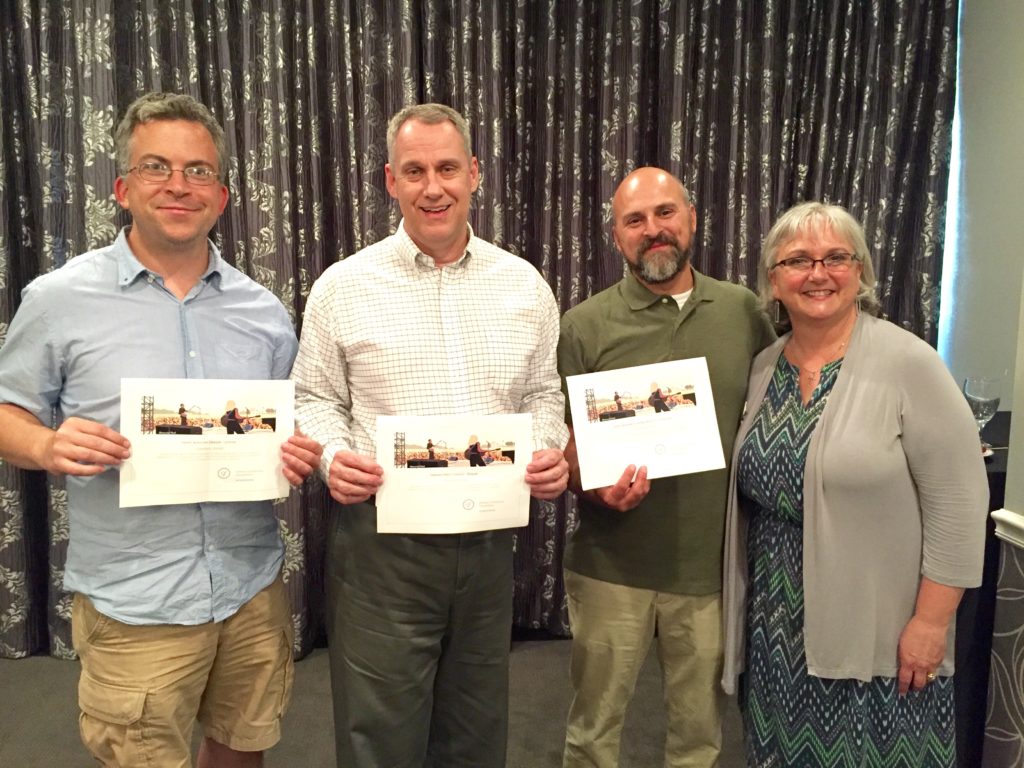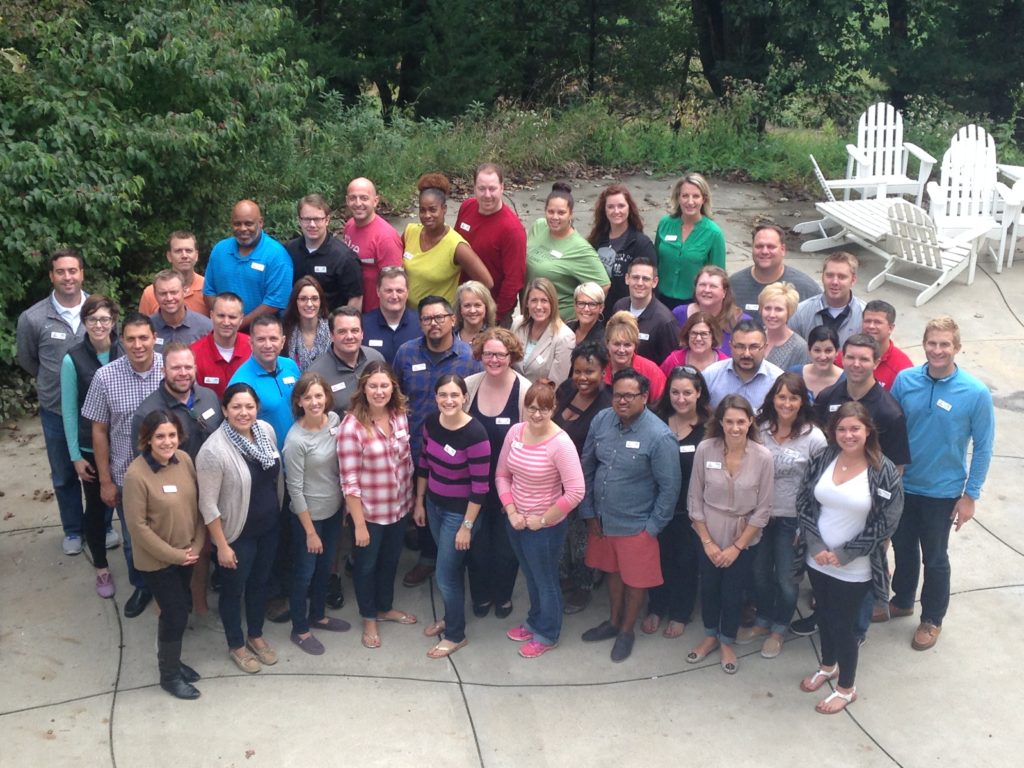Recently Lynda Shafer, Director of Leadership Development at the Greater Omaha Chamber, shared insights on the Leadership Omaha program and the tremendous work recent classes have made possible through their giving circle.
Why do you feel it is important for Leadership Omaha participants to gain exposure to the nonprofit sector and learn about the philanthropic process?
The nonprofit sector is integral to the successes the Omaha community has experienced, as well as in the ongoing work to address the challenges that still exist. We can’t fulfill the goals of the program without understanding both the nonprofit sector and philanthropy. Business leaders in Omaha have instilled a deep sense of philanthropy into the community. We expect that Leadership Omaha alumni will continue the tradition of philanthropic support for all aspects of the community, from the arts to urban development to juvenile justice.
How has the giving circle been integrated into the program curriculum?
With the generous support of the Omaha Community Foundation, we just completed our second year of the giving circle. The concept of the giving circle is introduced to the class at the first or second seminar of the year. A list of all nonprofits which the group encounters during the rest of the year is maintained and the class votes on those nonprofits they believe are most worthy of being given a share of the funds in the giving circle. During the course of the year, class members have the opportunity to advocate for nonprofits they feel passionately about. We continue to “tweak” the process, but there is no doubt the class takes notice of organizations differently when they are pondering a monetary donation than when they are just visiting for information.
In watching each class collectively decide how and where to invest charitable dollars, what have been some of the key lessons learned for Leadership Omaha participants?
- Advocacy is powerful. Organizations that have an advocate in the class to help tell their stories are more successful at garnering a share of the funds in the giving circle.
- New organizations with a clear business plan and purpose can be just as successful as long-standing organizations in making a case for themselves.
- It is incredibly gratifying to have a monetary stake in the success of an organization doing important work in challenging areas in the community.
How do you feel the role of community leadership is evolving? Can you speak to the importance of the nonprofit sector in the realm of community leadership?
Omahans have always had a strong sense of community leadership. Community trusteeship, that idea that each of us has a responsibility to serve, even when we ourselves might not benefit from the fruits of that service, is growing. It’s somewhat cliché to say we should be planting trees under which we’ll never sit, but that’s the idea behind community trusteeship. Community trustees accomplish much of this “tree planting,” whether with actual trees or in youth mentoring or in the arts, through the work of nonprofits. Nonprofits depend on great trustees to serve on boards, in committee work or as elected officials. Community trustees benefit from a strong nonprofit sector that provides opportunities for service and philanthropy, moving the community as a whole forward. Trustees and nonprofits work hand in hand to “plant trees.”
Since establishing the Leadership Omaha Giving Circle in 2015, what local programs and projects have been supported by each class?
Our first giving circle, in 2015, granted funds to Siena/Francis House to build a playground for children living in the family shelter.

Lynda Shafer with 2016 grant recipient representatives (from left) Jim Clements, John Parsons and Miah Sommer.
Class 38 divided the funds between three organizations, the Omaha Street School, the Bike Union Mentoring Project and Heart Ministry Center. The commonality between each of these entities is they are working to provide second (and third and fourth) chances to people who might not get them otherwise. Whether they are assisting adults, youth or children, each is focused on making life better. I anticipate that each of these nonprofits will benefit from having LO alumni involved with their work in the future, whether on the board, serving on committees, or as donors to programs.
